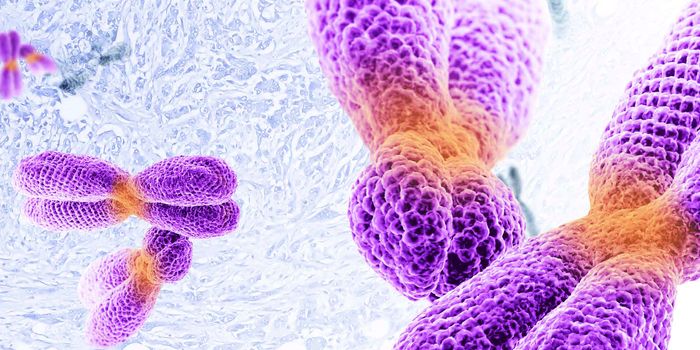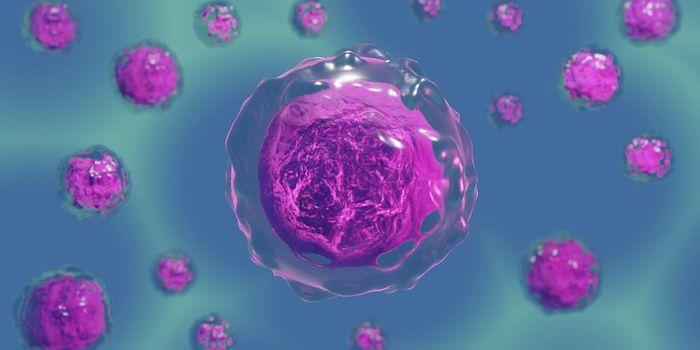Towards Effective Immunotherapy for Prostate Cancer
Prostate cancer is the most common type to afflict men; around 160,000 new cases are diagnosed in the United States every year. Roughly one in forty men will eventually die from the disease but it can also be treated successfully. New work by researchers at The University of Texas MD Anderson Cancer Center has identified a potential treatment for advanced prostate cancer that is resistant to castration therapy, which could be a major step forward in a disease that is hard to treat in advanced stages. A combination of immune checkpoint blockers along with therapeutics targeting cells of the immune system that are associated with bad outcomes and lack of response to treatment. Learn more about metastatic, castration-resistant prostate cancer in the following video.
A mouse model was created and utilized to test out this treatment, one which uses immune system blockades and takes aim at myeloid myeloid-derived suppressor cells (MDSCs). MDSCs are a type of immune cell that are derived from bone marrow stem cells, which have powerful abilities to suppress the immune system and are also understood to have an influence in cancer metastasis and the formation of tumors. The work has been reported in the journal Nature.
"A significant number of advanced prostate cancer patients treated with a chemical castration therapy called androgen deprivation therapy (ADT) experience relapse with relentless progression to lethal metastatic, castration-resistant prostate cancer," explained Ronald DePinho, M.D., a Professor of Cancer Biology. "While immune checkpoint blockade therapy is effective in many cancers, it has been less successful for this particular form of prostate cancer, which has motivated a search for targeted therapies that overcome this resistance."
For this study, the investigators tried the immune checkpoint blockades anti-CTLA4 and anti-PD1 together, and obtained "modest efficacy," commented the first author of the report, Xin Lu, Ph.D., who trained with DePinho and now works as an independent investigator at the University of Notre Dame. Another concept they tested utilized MDSC-inhibiting drugs like cabozantinib (Cabo) and BEZ, but again found insignificant anti-tumor effects. Then these treatments were tried in unison, however, a successful result was achieved.
"Strikingly, both primary and metastatic castration-resistant prostate cancer responded to a combined checkpoint blockade and MDSC targeted therapeutic approach," said DePinho. "These observations in mouse models of prostate cancer, using a sophisticated genetic approach developed by James Horner at MD Anderson, illuminate a clinical path hypothesis for combining immune checkpoint blockades with MDSC-targeted therapies in the treatment of this aggressive cancer."
DePinho noted that future work including clinical trials are required to confirm the findings as well as to investigate the effects of this combination therapy and selective anti-androgen drugs for cases of established prostate cancer that is castration-resistant, in addition to new diagnosed cases to obtain "durable clinical response."
Soucres: American Cancer Society, AAAS/Eurekalert! via MD Anderson, Nature









